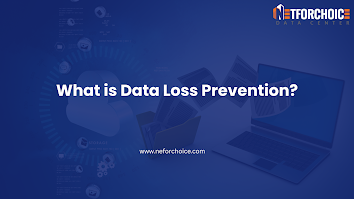Benefits of Deploying Modular Data Centers with nPod
A modular data center is a type of data center facility that is built using prefabricated, standardized units or modules, which can be rapidly deployed and scaled to meet the changing needs of organizations. These modules typically include all the essential components of a traditional data center—such as power, cooling, networking, and IT equipment—but are housed in compact, self-contained units, often resembling shipping containers.
Key Features of Modular Data Centers
-
Prefabrication: Modules are manufactured off-site in a controlled environment and delivered ready for installation, reducing construction time and cost.
-
Scalability: Organizations can add more modules as needed, allowing for flexible growth without overbuilding.
-
Rapid Deployment: Compared to traditional data centers, modular facilities can be up and running in a fraction of the time—sometimes in just weeks.
-
Portability: Some modular data centers are designed to be relocated, making them ideal for temporary installations or remote locations.
-
Energy Efficiency: Modern modular designs often incorporate advanced cooling and power systems to minimize energy consumption and improve PUE (Power Usage Effectiveness).
-
Customization: Modules can be tailored to meet specific technical or environmental requirements, such as high-performance computing or extreme weather resistance.
Types of Modular Data Centers
-
Containerized Data Centers: These are fully integrated systems within a shipping container format. They’re especially suited for temporary or remote deployments.
-
Modular Facilities: These are built from multiple prefabricated units assembled on-site, forming a larger, more permanent data center structure.
-
Micro Data Centers: Smaller units designed to support edge computing by bringing processing power closer to the data source.
Advantages
-
Lower Initial Capital Costs: Companies can start small and expand as needed.
-
Faster Time to Market: Ideal for businesses that need immediate data center capacity.
-
Operational Flexibility: Easily moved, reconfigured, or expanded.
-
Risk Mitigation: Off-site construction minimizes delays due to weather or site-specific issues.
Use Cases
-
Edge computing in telecom and IoT
-
Temporary data needs for events or construction sites
-
Disaster recovery and business continuity solutions
-
Expanding capacity in developing regions or harsh environments
Conclusion
Modular data centers represent a shift toward more agile, cost-effective, and scalable infrastructure solutions. As demands for data processing and storage grow, especially at the edge, modular designs provide a compelling alternative to traditional, monolithic data centers—offering speed, flexibility, and efficiency for a wide range of applications.
.png)
.png)
.png)
Comments
Post a Comment